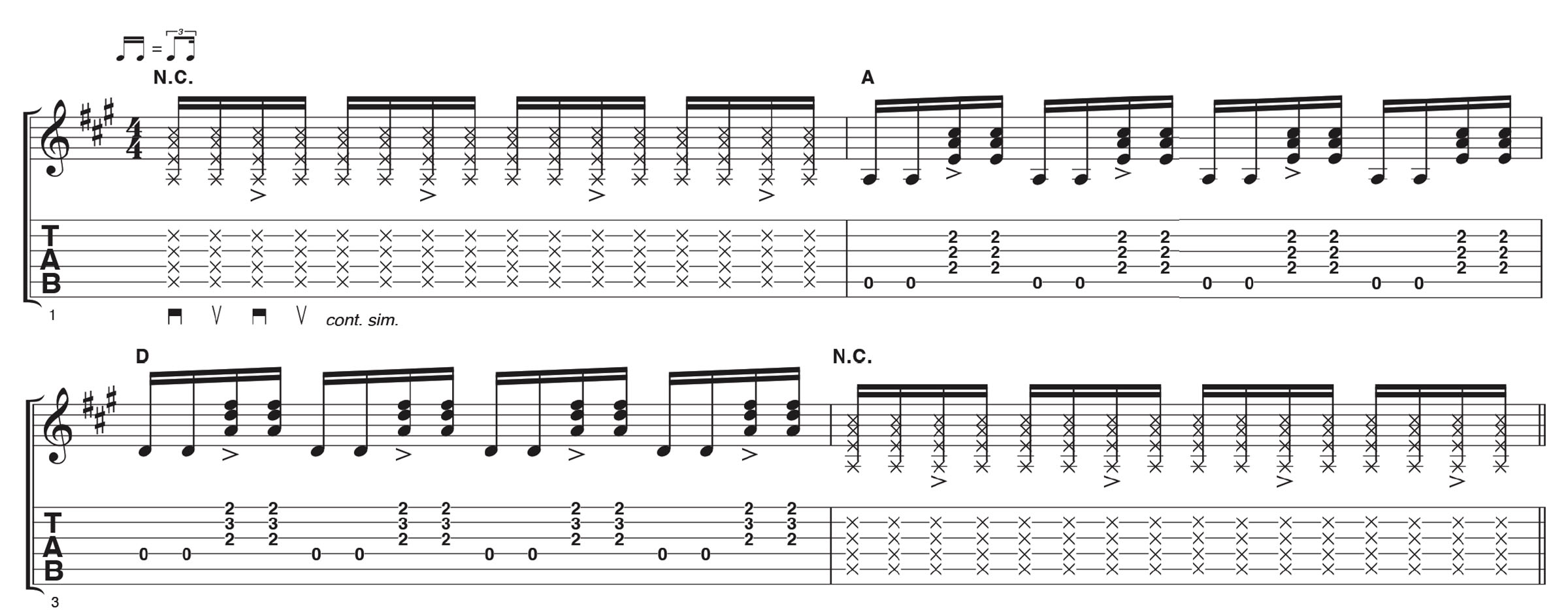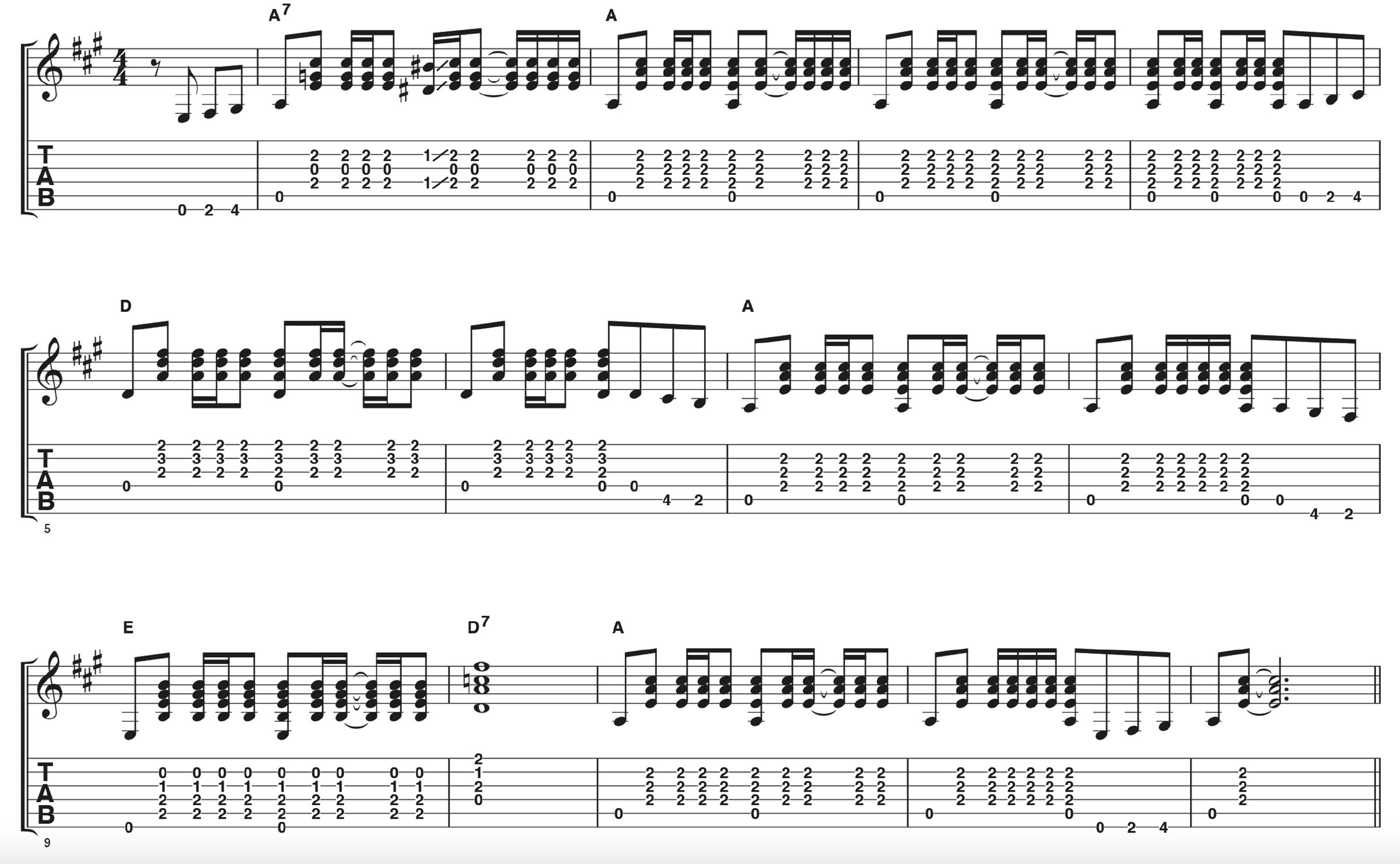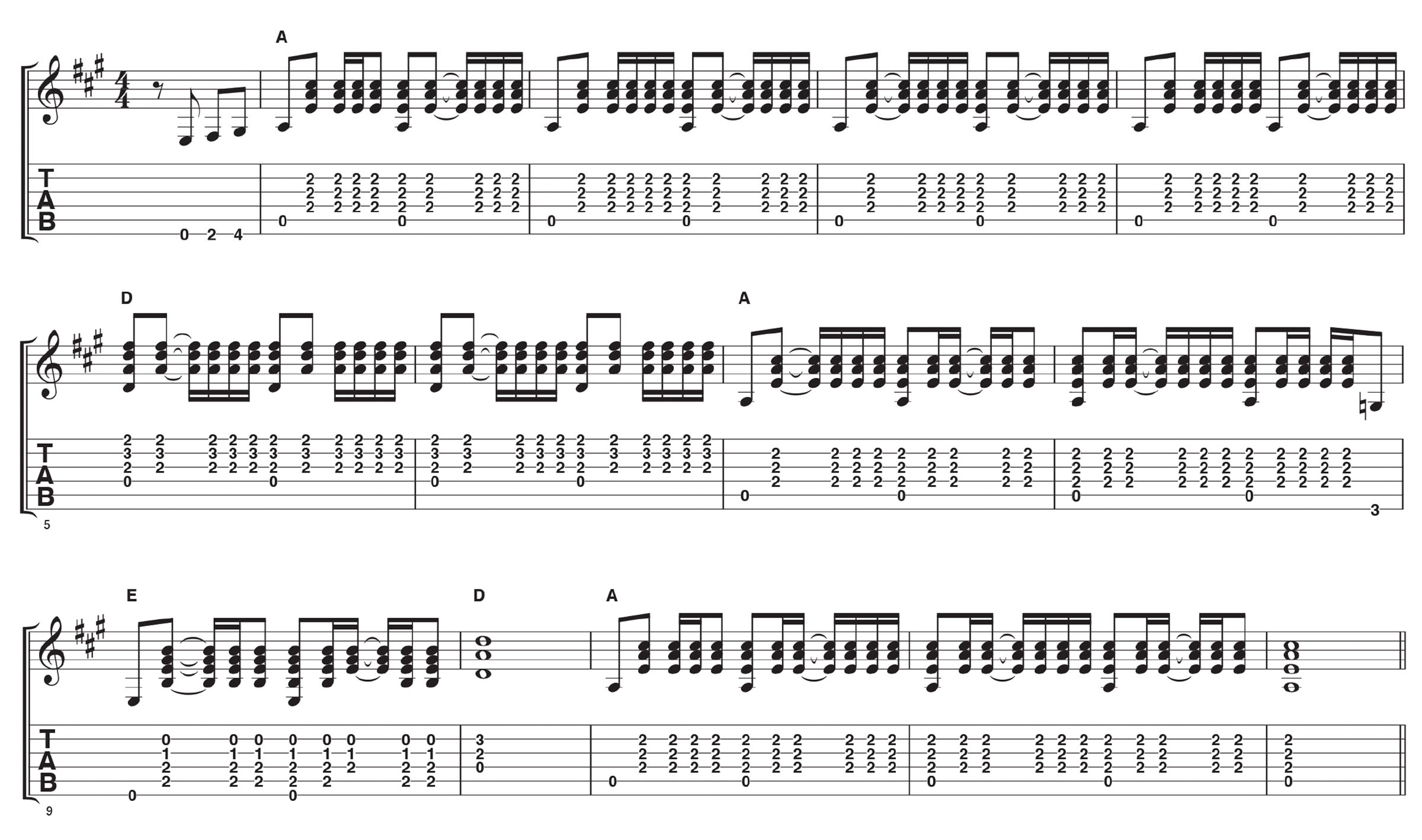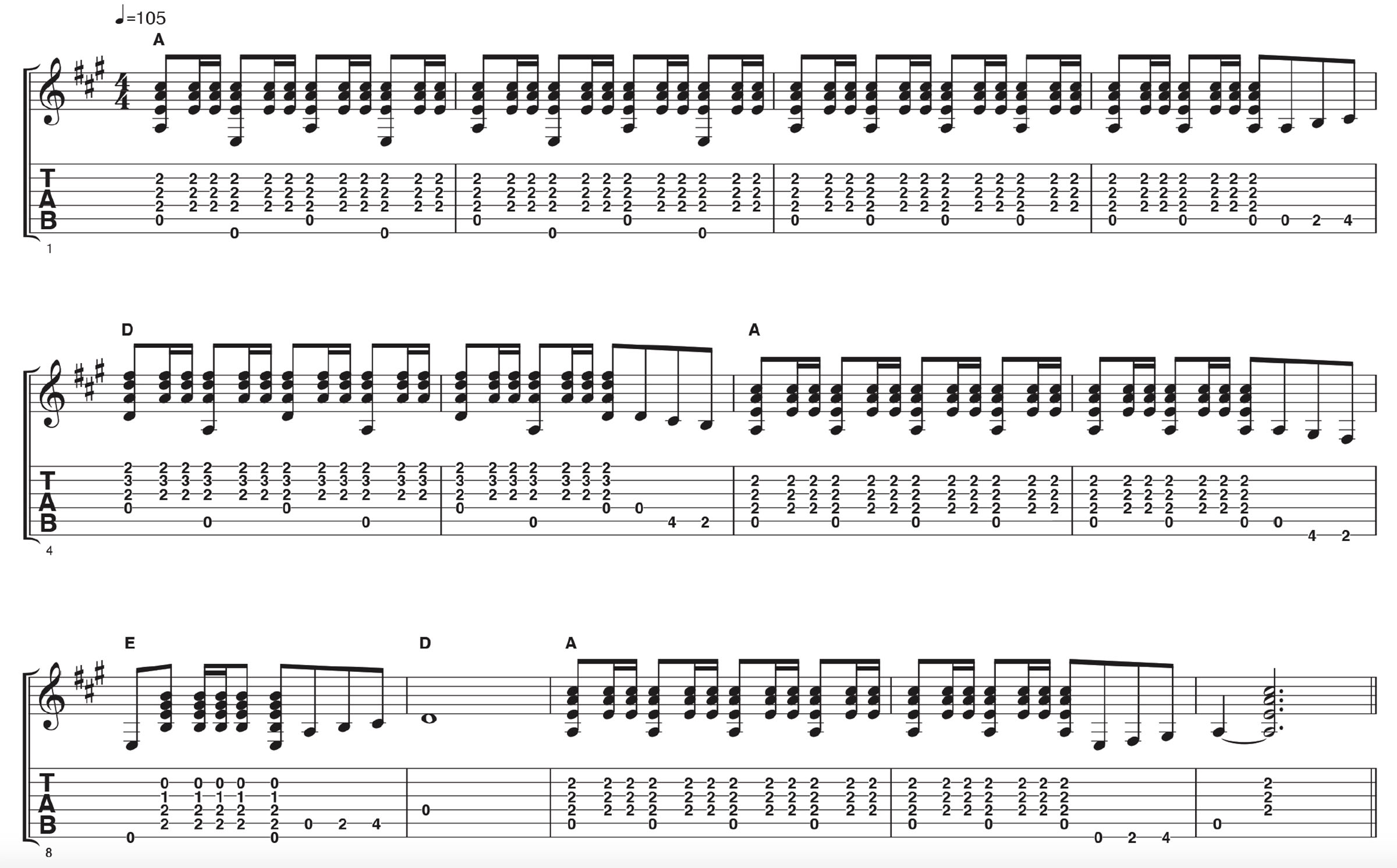
From harmonious doublestop solos to blisteringly fast chicken pickin’, country guitar has so many techniques and tricks that it’s a crime to overlook it. If you’re already familiar with blues guitar then the transition to country isn’t that difficult – it often follows similar chord progressions and scale choices.
Leading this lesson for Pickup Music is Daniel Donato, a legit country guitar guru, and he’s about to show you some fundamental rhythms, tones, and licks to get you started on your journey to Twang City.
There’s lots to learn here. First, a country chord cycle: the standard I-IV-V progression in the key of A, and the classic technique of ‘walking up’ to the root note of each chord. There’s the ‘Train Beat’: the characteristic country music rhythm/strumming pattern.
And we wrap up with a country jam where you can lock in everything you’ve learned and play over the backing track. There’s a video to accompany this lesson, too, so if you want to watch how it’s done and jam along at the end, check that out.
It’s no secret that a Telecaster is the definitive country guitar. If you don’t have one to hand, or if your guitar has humbuckers, tweak your amp’s treble control and pick close to the bridge where the strings are most tense – this is where the twang lives!
Example 1. Lick #1: Walking into A

Our progression is a standard I-IV-V in the key of A – which means the chords are A (I), D (IV), and E (V). A classic country technique is to ‘walk up’ to the root note of each chord. Simply pick the open E string, then the 2nd and 4th frets, finally arriving at the open A string. This walk-up approach creates movement between the chords.
Example 2. The ‘Train Beat’

Every genre has certain characteristic rhythms, and country is no different. The ‘Train Beat’ is synonymous with country music and, as the name suggests, it mimics an old-time steam train.
This drill is for the picking hand. You can either hold a chord or just mute the strings while practising the pattern. Think in groups of four and accent the third beat with a slightly heavier strum.
Example 3. Strumming pattern

Daniel starts with a simple down-down-up strumming pattern before adding in the extra upstroke (down-up-down-up) as tabbed here. Once you’ve figured out the rhythm, try to let it flow naturally. Just like when you walk, you’re not thinking “left foot, right foot” – it just flows!
Example 4. Lick #2: Walking into D

You’ve already learned this lick walking up to the A, so let’s try it with the D chord. Just shift everything over one string. Easy!
Example 5. Lick #3

Walking to the V chord (E) is slightly different. It’s basically the A lick in reverse. Start on the open A string and then walk down the 4th and 2nd frets of the E string, finishing on the open E.
Example 6. Play-through #1

Let’s put everything together: the rhythm, the chords and the licks. This unaccompanied play-through includes the lot, so it may be a challenge to begin with.
Example 7. Play-through #2

Here, Daniel plays a simpler version of his first play-through, with fewer walk-up licks. Try this one if you’re struggling with the first version.
Example 8. Jam Track

This final play-through represents the version played over the jam track at the end of the video. Feel free to mix and match all three while you’re learning.
- Get access to the world’s best online guitar courses and reach your guitar goals with structured lessons and personalised feedback from pro instructors. Pickup Music even offer a 14-day free trial so you can take a look before you buy. See Pickup Music for more.







